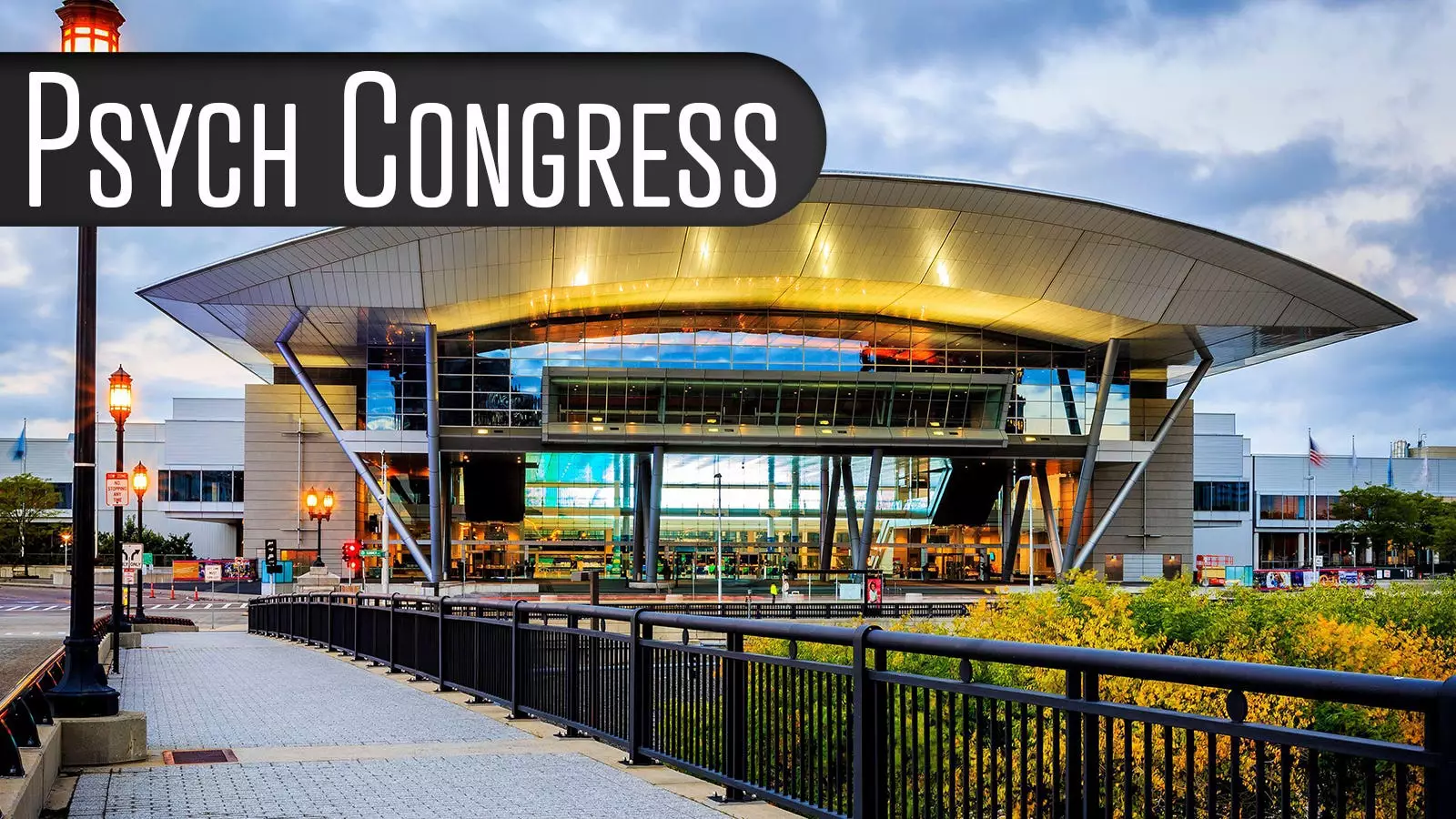Recent findings from a longitudinal study have brought to light the severe implications of relapse episodes in individuals diagnosed with schizophrenia. Schizophrenia, a chronic and severe mental disorder, significantly diminishes life expectancy, with estimates suggesting a reduction of approximately 15 years. The study, conducted by Christoph Correll, MD, at the Zucker School of Medicine, analyzed data from over 32,000 patients followed for an average of 40 months. The findings are stark: even a single episode of relapse markedly increases the risk of mortality, highlighting the necessity for clinicians and caregivers to prioritize relapse prevention strategies in treatment plans.
The data collected revealed that for each additional relapse, the hazard ratio for mortality escalated sharply. From a hazard ratio of 1.20 for one relapse to a staggering 2.63 for ten relapses, the correlation is both significant and concerning. The study also reported dismal five-year survival rates, with survival plummeting from 78% for those with one relapse to just 58% for those experiencing ten, emphasizing that relapse episodes are not only acute crises but significant, life-threatening events.
Given the alarming association between relapse episodes and increased mortality, it is increasingly evident that healthcare providers must adopt a proactive approach to treatment. Correll advocates for early intervention and continuous monitoring of patients’ mental health. Transitioning stable patients to long-acting injectable (LAI) antipsychotics may enhance adherence to medication regimens, thus decreasing the likelihood of relapse. This shift in focus from mere symptom management to comprehensive care could help improve both the quality and duration of life for individuals with schizophrenia.
Moreover, managing comorbidities and fostering healthy lifestyle choices are equally critical to the recovery journey of these patients. Addressing the physical health complications that often accompany schizophrenia is essential for mitigating risks associated with the disorder. The findings underscore the need for healthcare teams to adopt a holistic view, integrating mental and physical health interventions within the treatment framework.
Medication adherence has been highlighted as a critical component in preventing relapses. According to the study, a considerable portion of patients had only one or two relapses, suggesting that targeted interventions could potentially curb the frequency and severity of these episodes. Care strategies must include regular follow-ups, education about the importance of adherence, and tailored support for individuals struggling with the complexities of their treatment.
Furthermore, providing comprehensive care involves not only medication management but also addressing social support systems, educational resources, and addressing any barriers to treatment that patients may face. The role of healthcare providers extends beyond clinical intervention; they must also act as liaisons, guiding patients towards available community resources and support systems that can bolster their recovery efforts.
While the study presents compelling evidence regarding the relationship between relapse episodes and mortality, the need for further research is evident. There are limitations associated with relying solely on claims data, including potential underreporting of relapse episodes and patient deaths. Future investigations diving into specific causes of mortality related to relapses could provide valuable insights and help develop tailored preventative strategies.
Additionally, exploration into the long-term effects of various treatment modalities and community interventions could greatly enhance the understanding of how best to manage schizophrenia, potentially leading to innovative approaches in care that address the multifaceted nature of the disorder.
The findings from this study resonate deeply within the mental health community, signaling the urgent need to emphasize relapse prevention strategies in the treatment of schizophrenia. As healthcare providers navigate the complexities of patient care, focusing on medication adherence, lifestyle interventions, and comprehensive support systems is key to extending not only the lifespan but also the quality of life for these individuals. The journey towards better outcomes in schizophrenia management requires a collaborative effort, prioritizing prevention, and a deep understanding of the multifaceted challenges faced by those living with this condition.


Leave a Reply